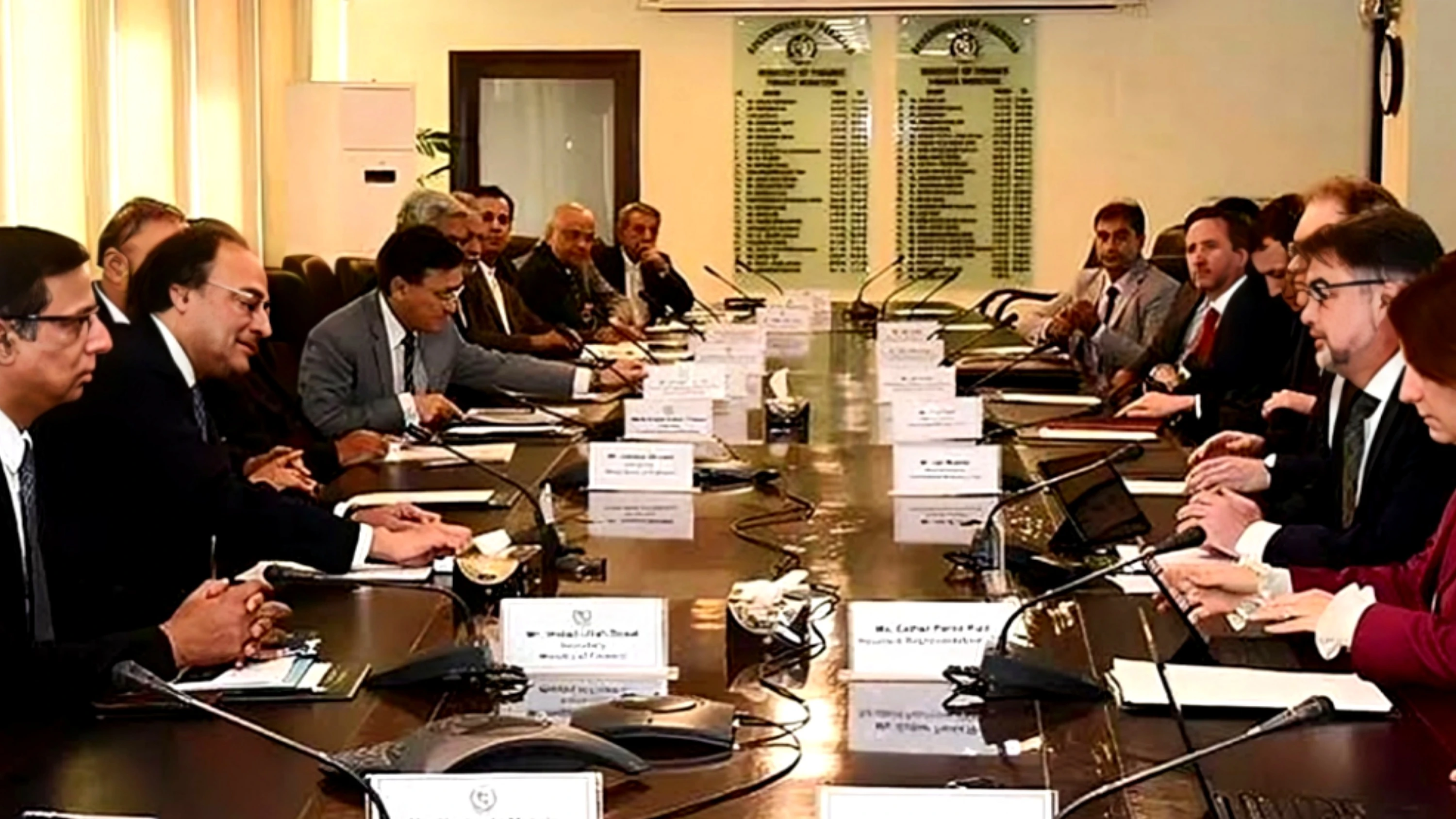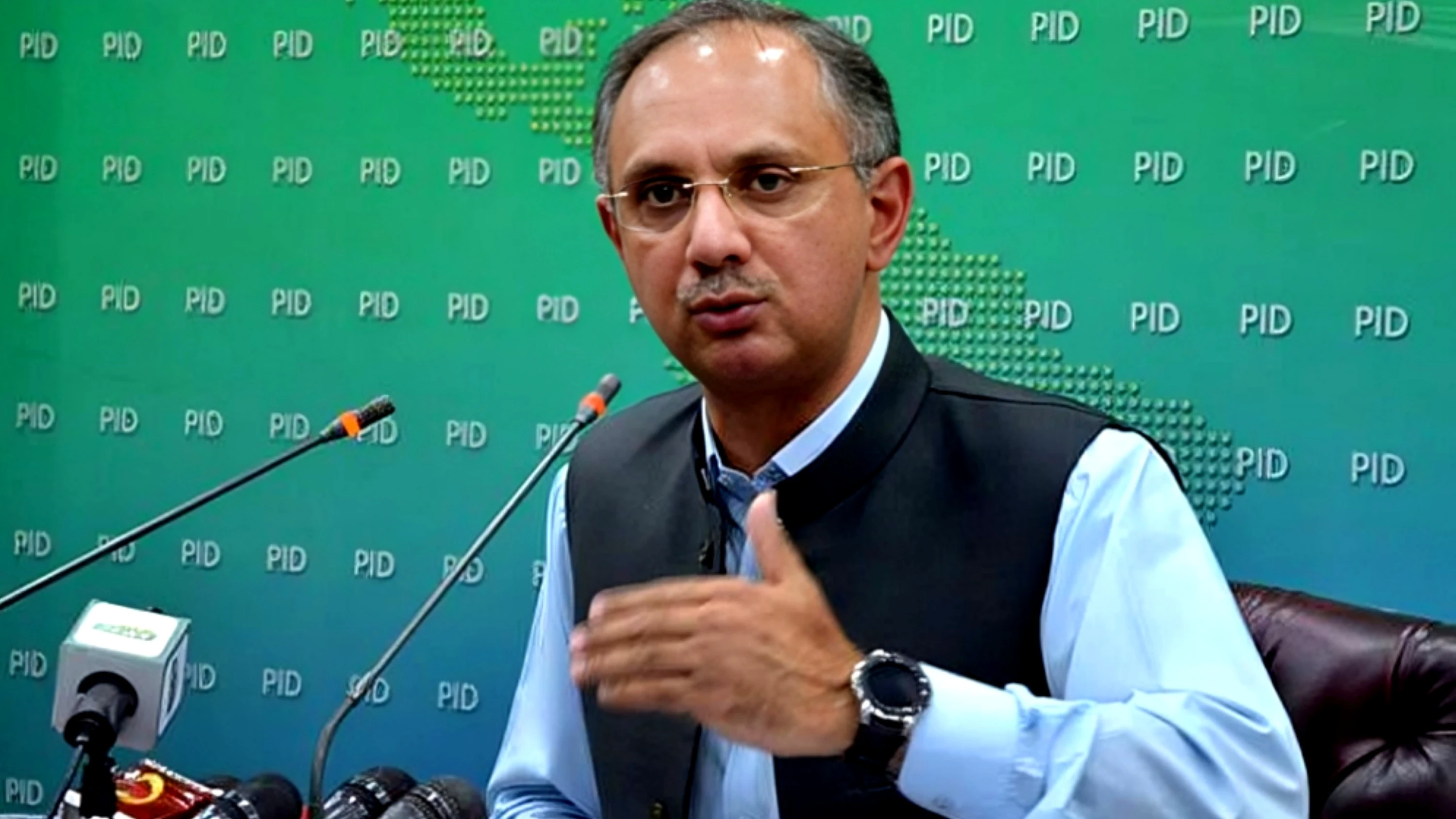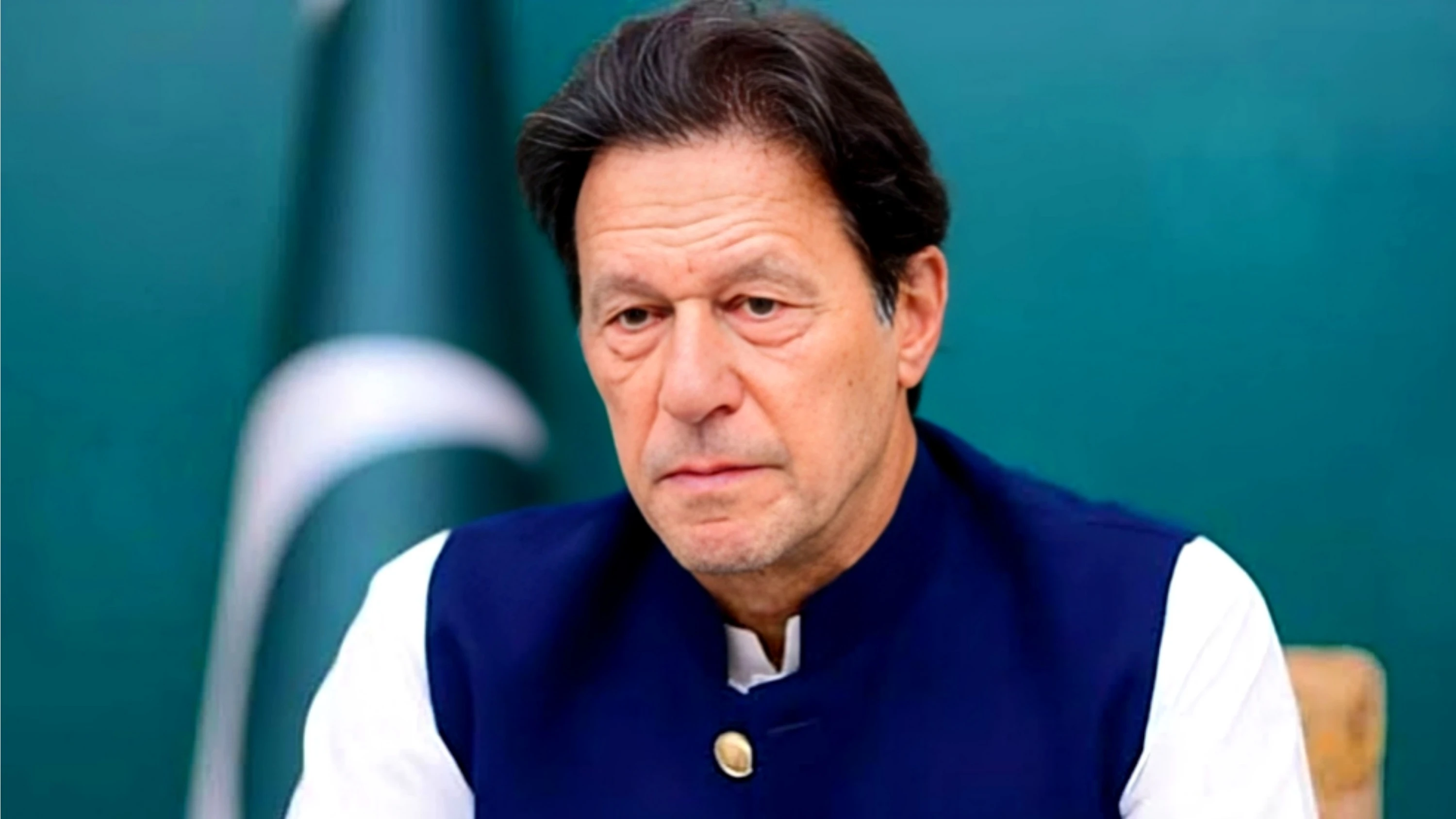Islamabad: The International Monetary Fund (IMF) has urged Pakistan to maintain inflation between 5 to 7 percent during the next fiscal year, while Pakistani authorities have committed to achieving a primary budget surplus of 1.6 percent of GDP in fiscal year 2026.
The statement follows the conclusion of an IMF mission to Islamabad, led by Nathan Porter, which began on May 19, 2025. The mission focused on the country’s current economic situation, the implementation of reform programs, and the budget strategy for the upcoming fiscal year.
In a statement issued at the end of the visit, IMF Mission Chief Nathan Porter said the IMF held constructive discussions with Pakistani authorities on the FY2026 budget and broader economic policy and reform agenda. Pakistani officials reaffirmed their commitment to economic stability while safeguarding social and priority spending.
The talks included measures to enhance revenue through better tax compliance and expansion of the tax base, along with a focus on prioritizing expenditures.
The IMF also discussed ongoing energy sector reforms aimed at improving financial sustainability and reducing the high costs associated with Pakistan’s energy system. Structural reforms to promote sustainable growth and ensure a level playing field for businesses and investors were also part of the agenda.
Pakistani authorities reiterated their commitment to effective macroeconomic policymaking and building fiscal buffers. Maintaining a suitably tight and data-driven monetary policy remains a priority to bring inflation within the central bank’s medium-term target range of 5–7 percent. Additionally, restoring foreign exchange reserves, maintaining a functioning FX market, and promoting exchange rate flexibility were identified as crucial steps to cushion external shocks.
The IMF team will remain engaged with Pakistani authorities, with the next program review expected to take place in the second half of this year.








